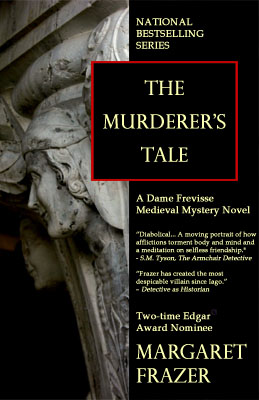 The Lovell family and their manor of Minster Lovell were not made up for this story. The effigy of Lord Lovell mentioned here is still in the parish church, and the ruins of their lovely manor house can still be visited beside the Windrush River under Wychwood in Oxfordshire. I recommend it.
The Lovell family and their manor of Minster Lovell were not made up for this story. The effigy of Lord Lovell mentioned here is still in the parish church, and the ruins of their lovely manor house can still be visited beside the Windrush River under Wychwood in Oxfordshire. I recommend it.
As for Lionel Knyvet’s affliction, epilepsy has been known throughout history. It takes many different forms and is better understood now than ever before, with ways to often control the seizures, but through most of the centuries it was seen as either a mental disease – madness – or else as a spiritual one – possession by either demonic or shamanistic spirits, depending on the culture in which the person lived (and lives; such beliefs persist in many places) – or of course as madness brought on by demonic possession.
In medieval English law, madness was a recognized defense. The legal ramifications of Lionel’s supposed crime, given he had apparently committed it while mad, were as compassionate as laid out in the story. Instead of a legally-recognized madman’s property being seized into the king’s hands and lost after he was found guilty of committing a crime, his property would be held in trust for him, in the hope of him regaining his wits, whereupon his property and his freedom would be restored to him.
Of course the law also includes a warning to beware of someone feigning madness in order to avoid punishment, which goes to show that human nature holds true through the years – and that medieval lawyers and juries were no fools.
– Margaret















